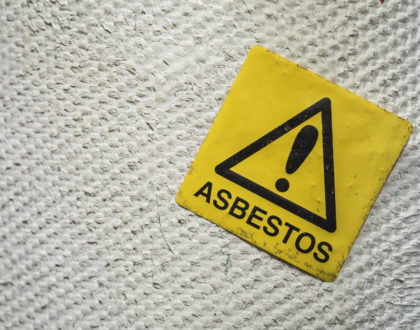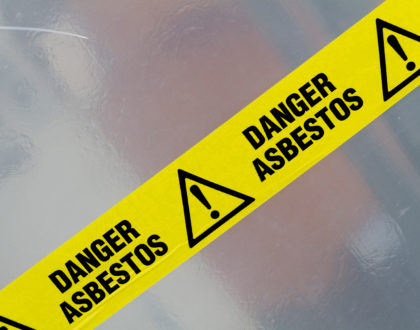Mesothelioma in Canada – Part 2 – Risks
In the 1930s, a study conducted by the Department of Industrial Hygiene at McGill University discovered that, of 200 men who participated, 42 developed asbestosis.
The department had been formed by The Metropolitan Life Insurance Company, due to its suspicions that asbestos was sickening workers and causing some sort of “dust disease” of the lungs. However, the findings were never published and lawyers for asbestos manufacturers in Canada and the U.S. suggested to company executives that asbestosis receive “minimum publicity.”
It was hardly surprising: Canadian houses were constructed with asbestos-containing cement and other materials. At one point, the vast majority of homes in Canada contained any number of asbestos-laden products ranging from shingles and siding to insulation. These products contained not only chrysotile asbestos, but types of amphibole asbestos as well. Those involved in the construction industry were almost always exposed to the hazardous mineral, and, as a result, rates of asbestos-related diseases are now extremely high among construction workers. In addition, at least 4,000 household products used by Canadians during much of the 20th century contained asbestos in varying amounts.
Those primary professions include:
- Miners
- Ship loaders
- Truck drivers
Anyone involved in those industries is at risk for exposure to asbestos and to the diseases caused by asbestos fibres.
In many cases, loose asbestos fibres are shipped to developing countries from Canada in large reinforced paper bags, where they are handled by undertrained and inadequately protected workers.
A secondary group of workers are also considered at-risk. These are people who work in trades that are one step removed from the process of removing asbestos from mines and transporting it to second- and third-world countries who continue to use asbestos products in construction.
These high-risk trades are similar to those in other places around the world:
- Carpenters
- Construction workers
- Insulation installers
- Plumbers
- Roofers
- Shipbuilders
- Textile workers
In recent years, Canada’s domestic production and consumption of asbestos declined, so fewer mining and manufacturing workers were exposed. However, because of the renovation and demolition of the country’s aging buildings, especially in Quebec and British Columbia from the 1950s through the 1980s, the mesothelioma rate has been rising among construction and maintenance workers.
Recommended Posts

Australia Asbestos Problem – Outside of NSW
March 29, 2024

Australia’s Asbestos Problem – What Was the Reaction in NSW?
March 22, 2024

Australia’s Asbestos Problem – Who is Responsible?
March 15, 2024

